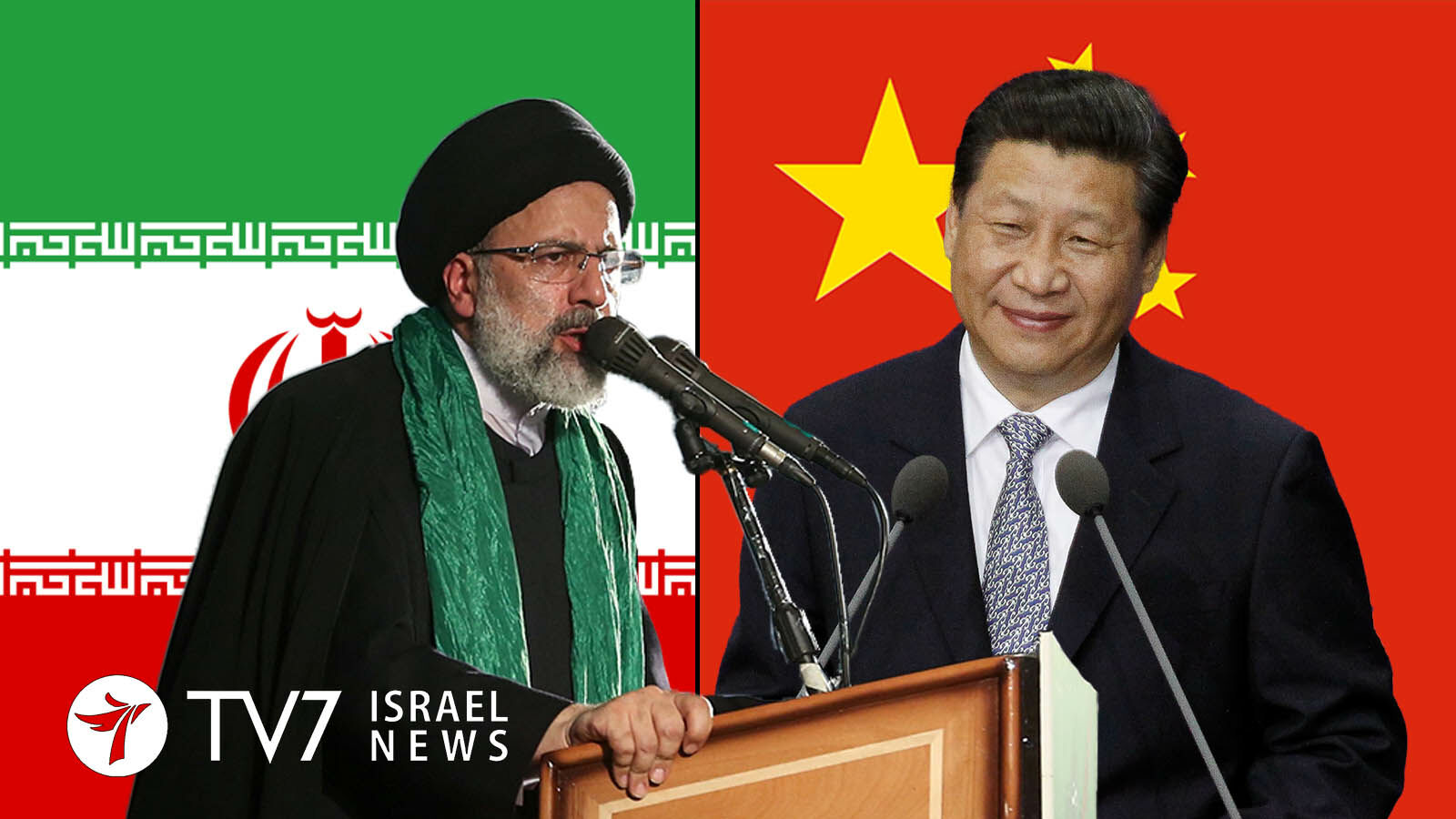The People’s Republic of China became a lifeline for the Islamic Republic’s economy after the United States withdrew from the Joint Comprehensive Plan of Action nuclear deal and re-imposed heavy sanctions on Tehran.
By Erin Viner
Tehran’s Foreign Minister Hossein Amirabdollahian is set to “discuss various issues” during a visit to China next week, said Foreign Ministry Spokesman Saeed Khatibzadeh, including the two countries 25-year cooperation agreement.
In March 2021, China – which is also subject to US sanctions – signed a “comprehensive strategic partnership” deal with Iran to strengthen their long-standing economic and political alliance.
“Our relations with Iran will not be affected by the current situation, but will be permanent and strategic,” Chinese Foreign Minister Wang Yi was quoted by Iran’s state media as telling his Iranian counterpart ahead of last year’s televised signing ceremony.
Khatibzadeh described the accord, which raised concern in Washington, as a “road map” for trade and economic and transportation cooperation, with a special focus on private sectors in both nations.
US sanctions have slashed Iran’s oil exports, its main revenue source. While the Islamic Republic does not release statistics, assessments based on shipping and other sources indicate the export level of barrels per day (bpd) plummeted from about 2.8 million in 2018 to as low as 200,000; with one survey estimating that number at a record low of 600,000 bpd in June 2021.
The quarter-century pact also enabled Tehran to participate in Beijing’s multi-trillion-dollar “Belt and Road” infrastructure initiative slated to extend from East Asia to Europe.
The visit comes as talks are to revive the JCPOA are ongoing in Vienna, where China has long voiced support of its Middle Eastern ally.
Iran has demanded that all American punitive measures must be lifted before it will come back into compliance with nuclear curbs set in the 2015 JCPOA, which it has openly breached since the administration of former US President Donald Trump abandoned the deal 3 years later.
